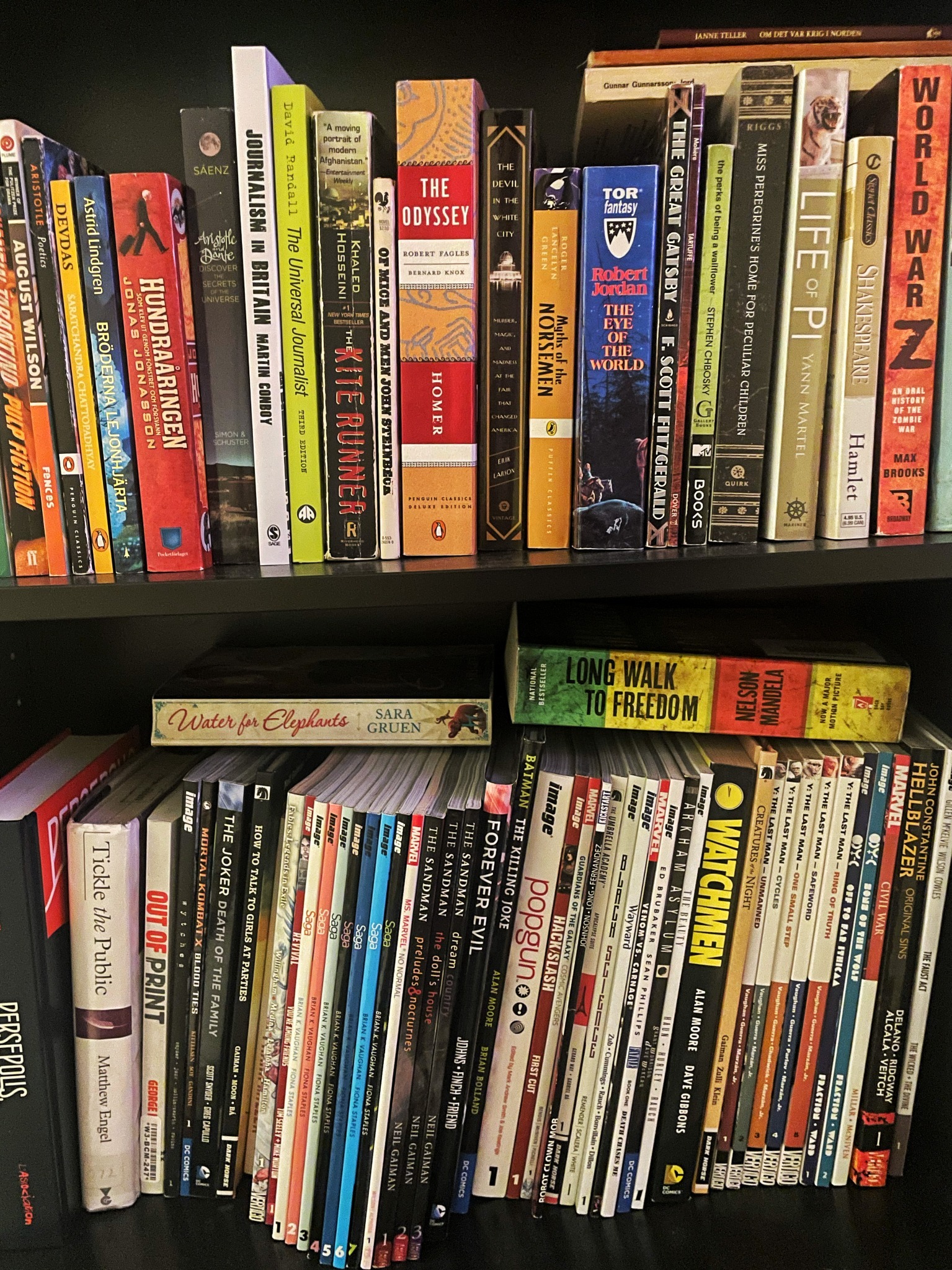Conservative Organisations Leading Book Ban Efforts in the United States

School board meetings have become the most recent hotbed of political polarisation in the United States. The latest front in the culture wars, these otherwise dull affairs have quickly spiralled into parents shouting at school officials about how they “don’t want their children learning about anal sex” or accusing school officials of teaching white children to be ashamed of their skin colour through covert exposure to Critical Race Theory — a concept that is usually taught in law school, not grade school.
Many of these parents are upset because they believe their children are being encouraged to read books they have deemed pornographic, anti-police or “indoctrination of a social agenda” and conservative lawmakers have been more than happy to lead the charge.
Parents across the United States have attempted to challenge various books in an attempt to get them banned and removed from their local library shelves.
According to PEN America, a free-speech advocacy group, between July 1, 2021, to March 31, 2022, there have been 1,586 book bans occurring in 86 school districts across 26 states. These districts represent thousands of schools with a combined enrollment of over 2 million students.
Texas school districts topped the list with 713 banned books, followed by Pennsylvania schools banning 456 books and Florida with 204 banned titles. States with less far-reaching bans include Oklahoma (43), Kansas (30) and Tennessee (16).
The targeted titles, many of them critically acclaimed with numerous awards, are often works that address LGBTQ+ themes (33% of books) or issues of race and racism (22% of books). They have also included biographies of individuals such as Rosa Parks, Martin Luther King Jr. and Nelson Mandela.
Another acclaimed book that was banned for “containing objectionable language” was Maus, a graphic novel that sought to portray the horrors of the Holocaust. In a move that backfired, the ban and following media attention led the book to top the best sellers lists on Amazon.
“No matter our skin colours or genders, we all want our kids to have the freedom to learn."
Many students have also started banned book clubs to protest these moves. Proving that the books are still available to purchase and many of them seeing a boost in sales from the controversy, but removing them from public libraries makes accessing them a lot harder for people, especially those from disadvantaged communities.
Conservative organisations such as No Left Turn in Education and Moms for Liberty have led the charge against these books at the local county level. Their tactics usually include reading out-of-context passages from the books, intimidating school officials and behaving aggressively at school board meetings. Moms for Liberty have also attempted to get local libraries to accept book donations from conservative publishing houses.
Critics of this movement have sought to stop this censorship. Parents, Families and Friends of Lesbians and Gays (PFLAG), an organisation uniting parents, families and allies of LGBTQ+ people, has attempted a counter “Read with Love” campaign by including more of these challenged books on library shelves.
Jean-Marie Navetta, the Director of Learning and Inclusion for PFLAG National said: “No matter our skin colours or genders, we all want our kids to have the freedom to learn.
“But some lawmakers are working overtime to stoke fear in our neighbours and create divisions in our communities. They're exploiting lack of familiarity with LGBTQ+ people to try to ban books from our libraries and inclusive education from our schools."
All schools have their own specific guidelines when it comes to including and challenging books. Dr Janie Cowan, a media specialist in the Gwinnett County Public School System in Georgia, explained that book lists for purchase are created by the media specialist with students and the curriculum in mind and with an eye to awards, honours, and other evaluation instruments useful for selection.
Dr Cowan also said: “All material, including anything suggested by a teacher for instructional purposes, goes through a review process by our local school media committee. This committee is comprised of community members, teachers from each department, administrators, counsellors, and the media specialist.”
She further explained: “There is also a very specific process for challenging a particular book in a media centre in our county. Any stakeholder (parent, community member, teacher, student) may ask that a material be reviewed for inclusion in a school's media collection and this is a county level process.”
A point that Dr Cowan emphasised was that parents always have the final say in what their under age children may read and no library or school would ever take that from them regardless of what a library may contain for self-selected reading.
It is reasonable for parents to have the final say in what their children can read. The issues start when parents attempt to dictate what other people’s children should read and try to control the information that children can access because they disagree with it. A parent is entitled to introduce their child to whatever material they think is appropriate and nobody else is allowed to control that, not even other parents.
Post a comment